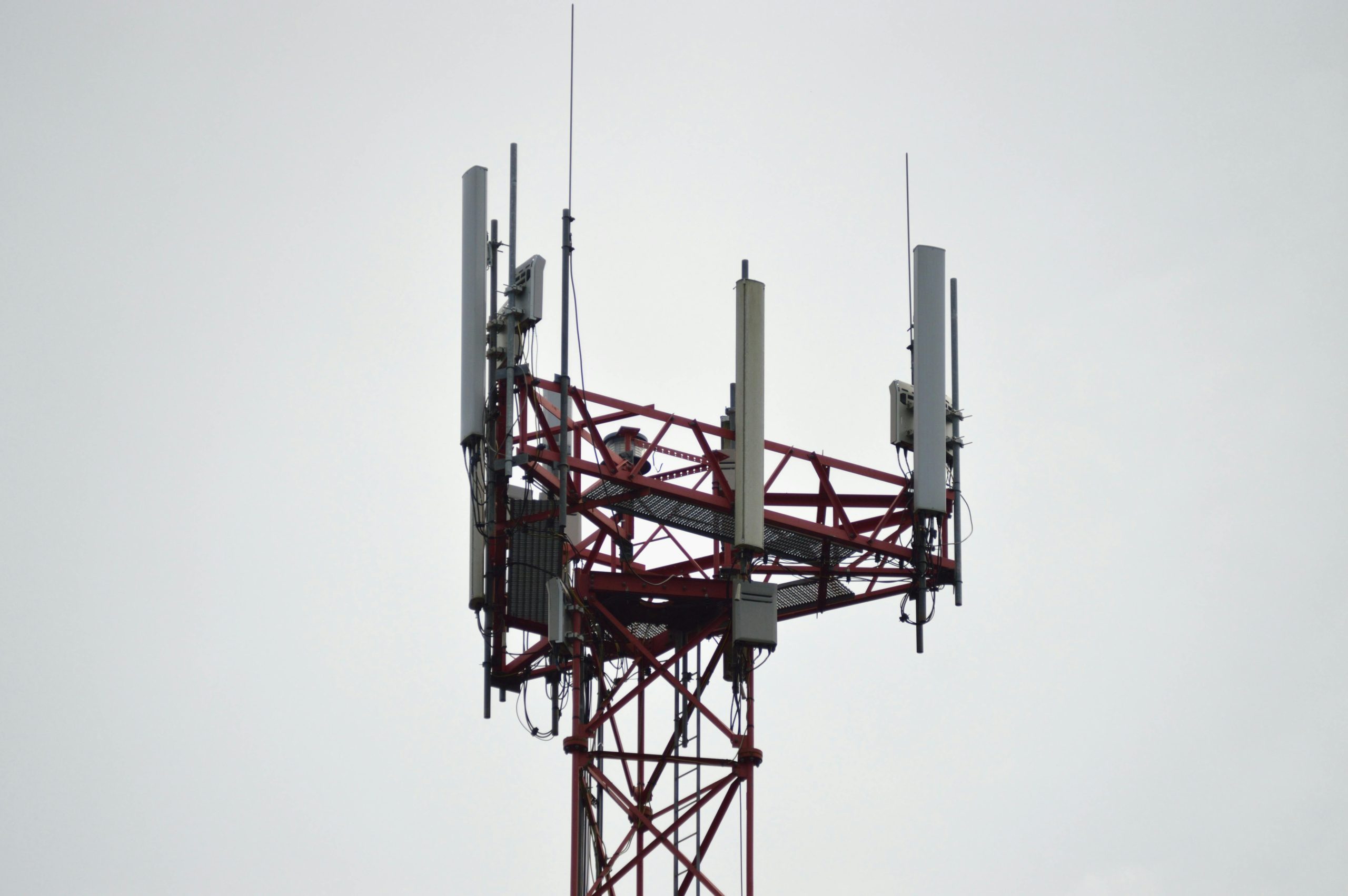
The digital age has transformed how we communicate, work, and share information, but the next leap in connectivity is already on the horizon: the quantum internet. Unlike traditional data transmission methods, which rely on classical bits, quantum internet leverages the principles of quantum mechanics to enable ultra-secure, high-speed, and virtually unhackable communication. This revolutionary technology promises to redefine industries, from cybersecurity to healthcare, by unlocking unprecedented capabilities in data transmission. But how exactly does quantum internet work, and what impact will it have on our digital future?
What Is Quantum Internet?
Quantum internet is a next-generation network that uses quantum bits, or qubits, to transmit information. Unlike classical bits, which can only be in a state of 0 or 1, qubits can exist in multiple states simultaneously thanks to a phenomenon called superposition. This allows quantum networks to process and transmit data at speeds far beyond today’s capabilities.
Another key feature of quantum internet is entanglement, where two qubits become linked regardless of distance. Changes to one qubit instantly affect the other, enabling near-instantaneous communication. This property is the foundation of quantum teleportation, a process that transfers quantum states between particles without physical movement.
Key Components of Quantum Internet
- Quantum Repeaters: Devices that extend the range of quantum signals by correcting errors and maintaining entanglement over long distances.
- Quantum Nodes: Hubs that facilitate communication between quantum devices, similar to routers in classical networks.
- Quantum Cryptography: Security protocols like Quantum Key Distribution (QKD) that ensure unbreakable encryption.
The Advantages of Quantum Internet Over Classical Networks
Traditional data transmission faces limitations in speed, security, and scalability. Quantum internet addresses these challenges with groundbreaking solutions:
Unparalleled Security
Quantum cryptography makes eavesdropping virtually impossible. Any attempt to intercept a quantum-encrypted message alters its state, alerting both sender and receiver. This level of security is critical for industries like finance, defense, and healthcare, where data breaches can have catastrophic consequences.
Lightning-Fast Speeds
Quantum entanglement enables instantaneous data transfer, eliminating latency issues that plague classical networks. While traditional internet relies on physical cables and signal processing, quantum networks bypass these bottlenecks, paving the way for real-time global communication.
Enhanced Computational Power
Quantum internet integrates seamlessly with quantum computers, allowing distributed quantum computing. This means complex problems—such as drug discovery, climate modeling, and AI training—can be solved collaboratively across multiple quantum devices.
Real-World Applications of Quantum Internet
The potential uses of quantum internet span multiple industries, offering transformative benefits:
Cybersecurity and Defense
Governments and corporations are investing heavily in quantum-secure communication to protect sensitive data. Quantum Key Distribution (QKD) is already being tested in military and financial sectors to safeguard against cyber threats.
Healthcare and Biotechnology
Quantum networks could revolutionize telemedicine by enabling ultra-secure transmission of patient records and real-time collaboration between researchers. Drug development could also accelerate as scientists share quantum simulations globally.
Financial Services
Banks and trading firms stand to benefit from quantum internet’s speed and security. High-frequency trading, fraud detection, and secure transactions could all be enhanced, reducing risks and improving efficiency.
Challenges and Limitations
Despite its promise, quantum internet faces significant hurdles before widespread adoption:
Technical Barriers
Maintaining quantum coherence—keeping qubits stable—is extremely difficult due to environmental interference. Quantum repeaters and error-correction techniques are still in development to address this issue.
Infrastructure Costs
Building a quantum network requires specialized hardware and significant investment. Current prototypes are limited to small-scale labs, and scaling up will demand global cooperation.
Regulatory and Ethical Concerns
As with any disruptive technology, quantum internet raises questions about governance, privacy, and misuse. Establishing international standards will be crucial to prevent exploitation.
Conclusion
The quantum internet represents a paradigm shift in data transmission, offering unparalleled speed, security, and computational power. While challenges remain, ongoing research and pilot projects are bringing this futuristic vision closer to reality. As industries prepare for this transformation, one thing is clear: the quantum internet will unlock possibilities we’ve only begun to imagine, reshaping the digital landscape for generations to come.





